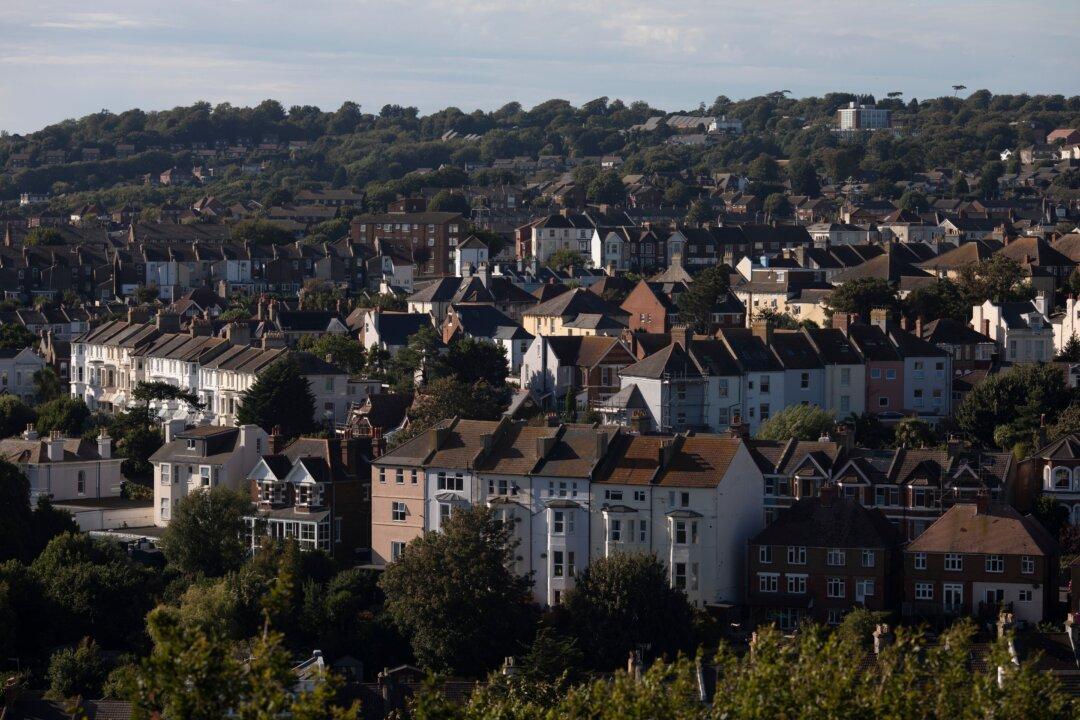House prices in the UK stabilised in January following a series of monthly falls last year, according to new figures from the Halifax bank.
Halifax said the typical property value remained largely unchanged in January 2023 at £281,684, compared with December 2022.





